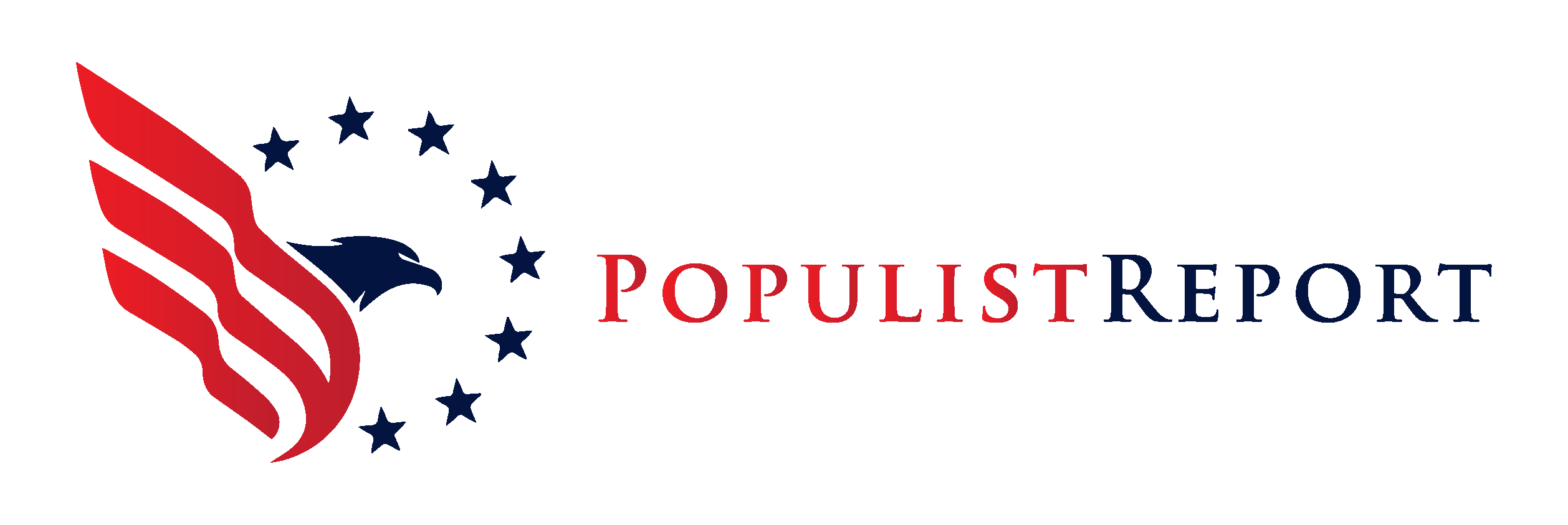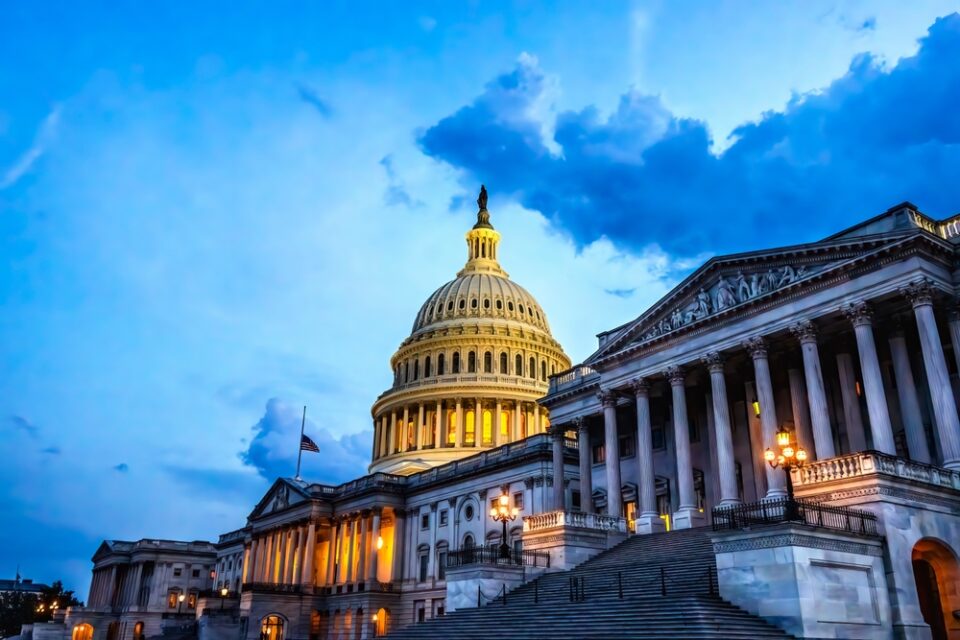Congress is at it again. In a marathon 1,547-page spending bill unveiled just days before a potential government shutdown, lawmakers managed to sneak in a provision giving themselves a nice little pay bump. The timing couldn’t have been more convenient for those looking to avoid public scrutiny, as the measure was buried in the legislative avalanche. By removing a longstanding provision that blocked automatic raises since 2009, Congress essentially greenlit their own pay hike, all while ordinary Americans grapple with inflation, stagnant wages, and rising costs. It’s another shining example of politicians putting their own interests ahead of the people they claim to serve.
Representative Rosa DeLauro, a Democrat from Connecticut and a top member of the House Appropriations Committee, admitted that the so-called “Member Cost-of-Living Adjustment (COLA)” is, in reality, just a thinly veiled pay raise. This automatic increase kicks in unless Congress explicitly votes to stop it, which conveniently spares lawmakers the uncomfortable task of justifying a salary boost to their constituents. Branding it as a “COLA” certainly softens the blow—it’s much easier to sell than outright admitting they’re giving themselves a raise. Of course, this isn’t the first time Congress has taken advantage of a lame-duck session to quietly pad their perks. Last year, they added reimbursements for living expenses in Washington, including lodging, food, and travel, to their end-of-year spending bill.
To put things into perspective, rank-and-file members of Congress already make $174,000 a year, with leadership positions earning even more. The Speaker of the House pulls in $223,500, while the Senate president pro tempore earns $193,400. And that’s not even counting the additional $34,000 per year in living expense reimbursements they generously allowed themselves in 2022. For public servants, it’s quite a generous setup, especially when so many of their constituents are struggling to make ends meet. Now, with the COLA adjustment back in play, lawmakers can count on annual pay raises tied to the government’s Employment Cost Index—ensuring their bank accounts remain comfortably insulated from the economic realities faced by everyday Americans.
This automatic adjustment will continue year after year unless Congress takes action to block it, a scenario that seems increasingly unlikely given their enthusiasm for quiet, self-serving perks. While the average American scrambles to cope with rising costs and shrinking savings, lawmakers have positioned themselves to avoid these challenges entirely. It’s a bold move at a time when public trust in government is already circling the drain.
If nothing else, this latest maneuver cements what many Americans have long suspected: when it comes to securing their own financial comfort, Congress operates with remarkable bipartisan unity. Both sides of the aisle appear perfectly willing to set aside their differences when there’s an opportunity to fatten their wallets. Meanwhile, the taxpayers are left holding the bag, wondering if lawmakers will ever prioritize the interests of the public over their own. Spoiler alert: don’t hold your breath.

